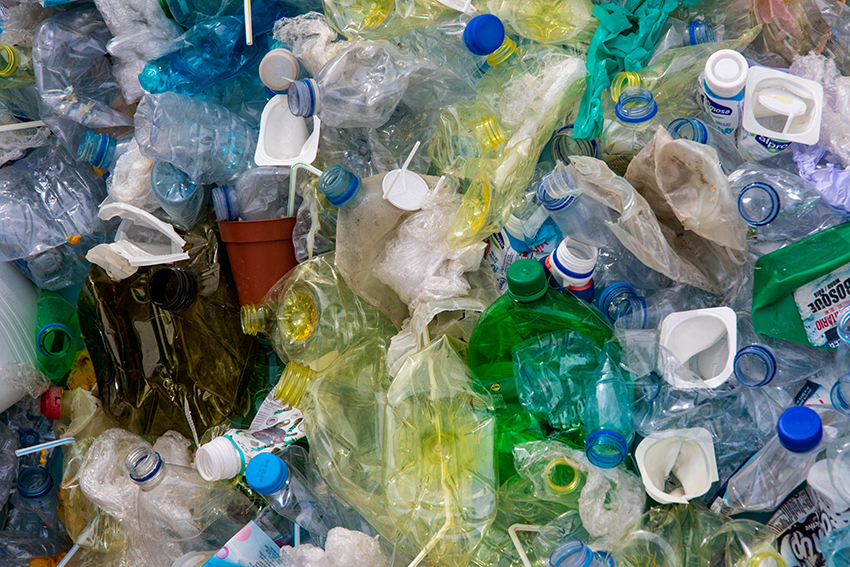There’s little doubt that the drive for sustainability is a key issue facing businesses around the world today. None more so than in JBE’s own field of organising conferences and events. The pressure is on to demonstrate a commitment to greater sustainability in every aspect of our work. And at JB Events go even further: we constantly challenge the venues we work with to adopt, refine and reinforce their own sustainability policies. Best practice must permeate every aspect of each and every event we are involved with.
Finding the right venues
Some venues are more on the ball than others. Finding ones that say they are committed to sustainability is straight-forward enough. Finding venues that actually walk the talk can sometimes be more challenging. And it’s our role when sourcing venues to prioritise those venues who can demonstrate their ability to deliver on their commitment to sustainability.
Practice what you preach
At JBE, we’re constantly looking for better, more effective ways to embrace sustainability. It’s a challenge that requires creativity and innovation. But it also helps us to hone our competitive edge.
Like many, we have already adopted a business-wide ‘reuse or recycle’ policy. We choose to work with partners, providers and venues with the same mind-set whenever and wherever possible. We’re committed to keeping our fingers on the pulse of sustainability best practice. We walk the talk within our own company. And we encourage our clients to implement sustainable practices at their conferences and events.
Our aim is to provide clients with a service that integrates environmental and social responsibility issues into their conferences and events. Many are already doing just that. Take Microsoft, for example. JB Events have been working with the Microsoft team for over 20 years. Each year, we help them to hone, refine and deliver their biggest annual event in the UK, Microsoft Future Decoded.
In 2019, London’s ExCeL hosted this two day event. ExCeL maintains and operates sustainability management systems that comply with both ISO20121 and ISO14001. This certification is the industry ‘gold standard’ when it comes to addressing social and environmental issues. And at Future Decoded this meant that we were able to help Microsoft achieve their objective of cracking down on plastic.
Sustainability in practice
We banned single use plastic and actively encouraged the use of reusable water bottles. Coffee cups and stirrers were recyclable and compostable. China cups made a comeback in smaller meetings and glass bottles were back at the AI Juice Bar. We collected all badge pouches for reuse at other events. We replaced roller banners with digital signage and left over fruit juice bottles were donated to local charities.
Presenters kept paper-based hand-outs and gimmicky freebies to a minimum. The event was practically paper free with the exception of delegate badges, which we collected and recycled as delegates left.
We also recycled lanyards and crew polo-shirts. Our stage carpet was retained and reused on smaller events. And ExCeL sent the main Expo carpet to specialist recycling centres which turned them into plastic pellets for furniture manufacturing or home and garden products.
And so the list goes on. You might think that all this attention to detail would be costly to implement. In fact, with planning and research it’s actually possible to keep costs down. And sometimes it’s even possible to save money by initiating sustainable practices. Planning, smart use of technology and a clear understanding of terminology is key. There’s a big difference, for example, between recyclable products and recycled content products. And, as we found at one venue in Spain recently, some venues are actually incentivising clients to use disposable plate-ware and plastic cutlery by offering lower per person rates – most of which is not necessarily recyclable.
What sustainability really means
It’s a steep learning curve – but one that it’s imperative to pursue. The benefits to business and to the world we all share are without doubt worth the effort. Especially when you remind yourself that sustainability encompasses so much more than just going ‘green’ and being more environmentally responsible.
According to the criteria laid down by ISO20121, sustainability is about how an organisation continues to run its activities in a commercially successful way whilst contributing towards a stronger and more just society and reducing its impact on the environment. Worthy ambitions for sure – and ones we could all do well to weave into next year’s business plan.
